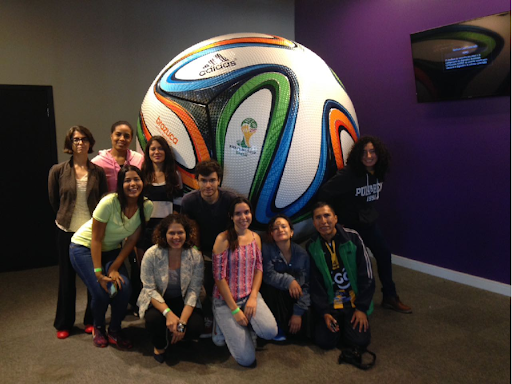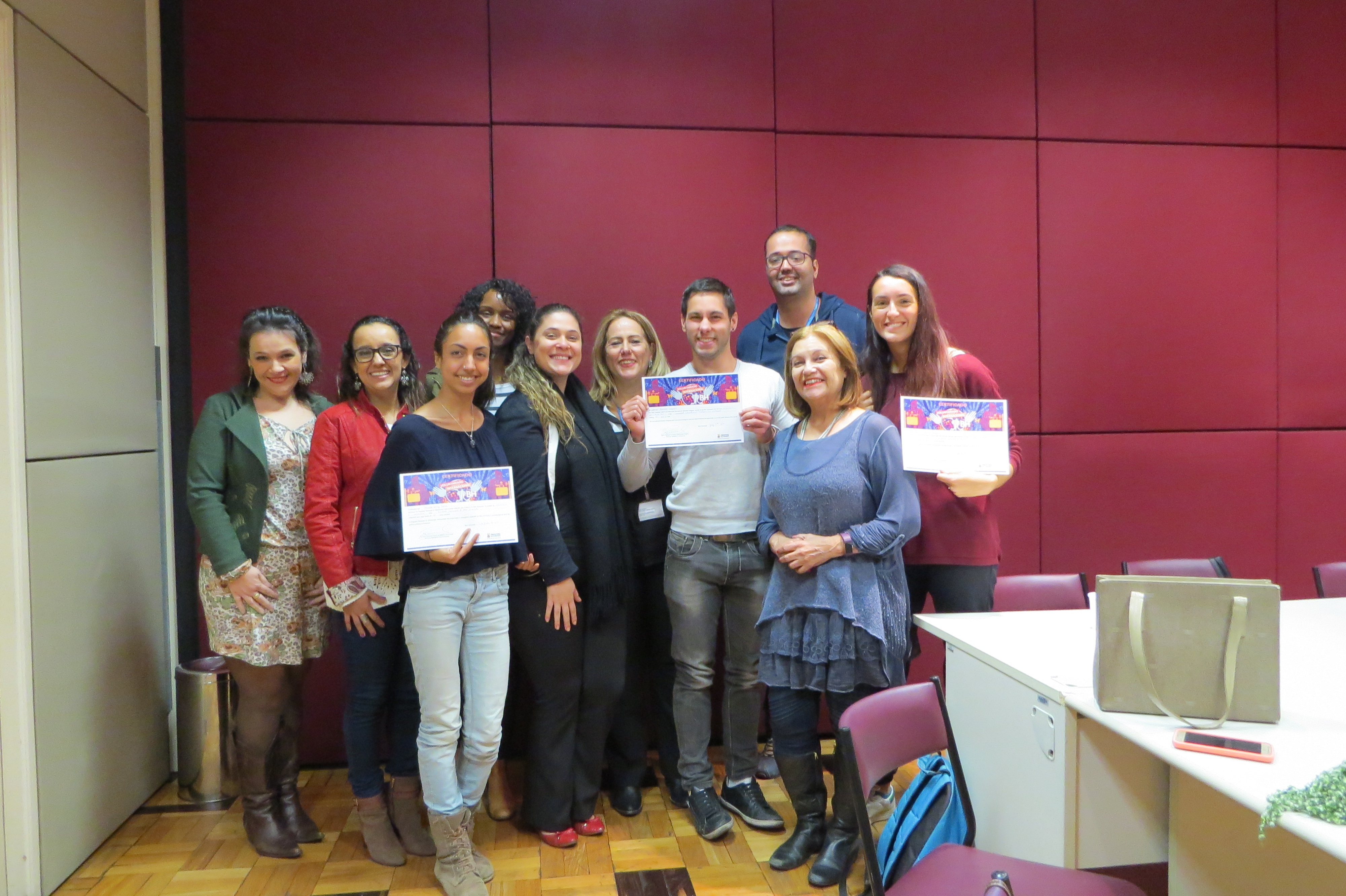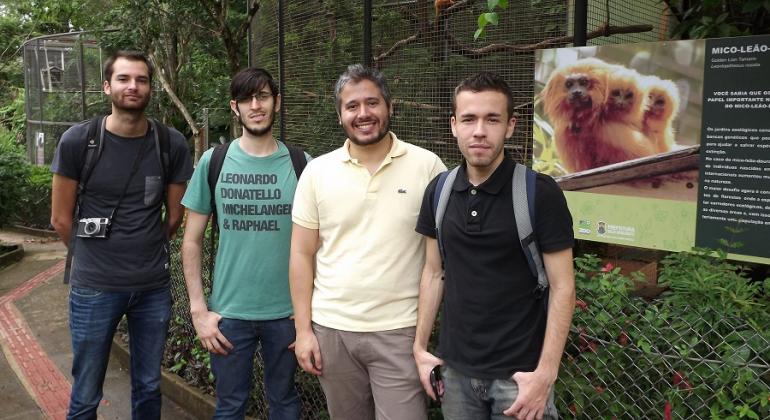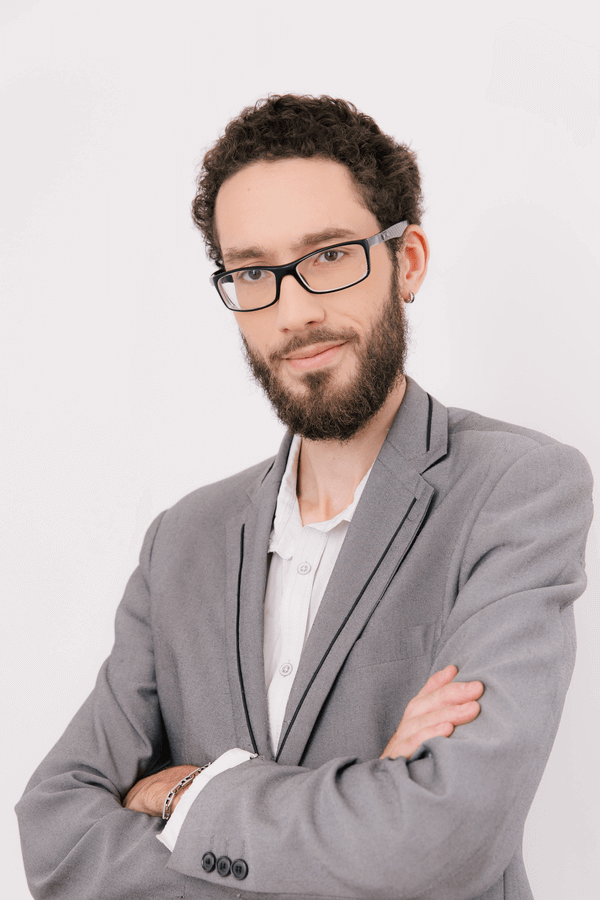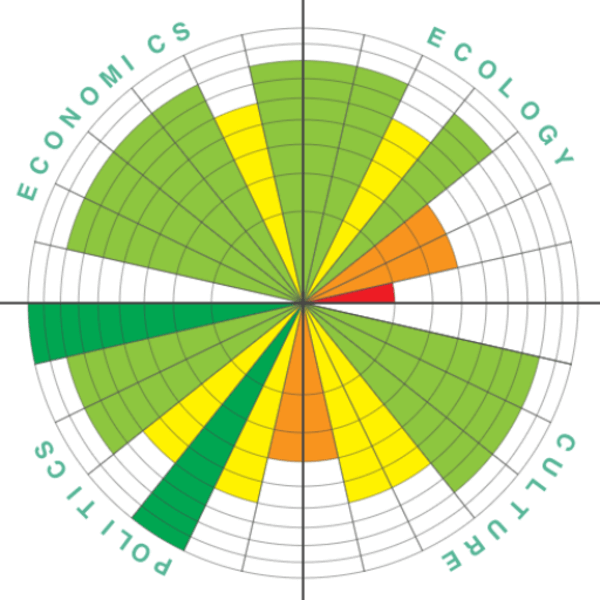City
Belo Horizonte
Main actors
City Government, Research Institutes / Universities
Project area
Whole City/Administrative Region
Duration
Ongoing since 2013
Organized by the International Relations Office (IRO) of Belo Horizonte, the International Volunteering Program aims to provide foreigners and Brazilian students of International Relations the opportunity to familiarize themselves with the public policies developed by the Municipality of Belo Horizonte. The Program facilitates their engagement in voluntary services, enabling them to exchange experiences and foster their professional development.
The Program has become an important tool for the international promotion of the municipality, by enabling knowledge exchange between volunteers and city officials. The activities carried out by the volunteers contributes to the development and implementation of diverse public policies by bringing a new and distinctive perspective, promoting innovation and multiplicity of solutions. Their contributions extend to the city’s internationalization efforts. upon completions of their volunteering tenures, these participants become effectively transition into “ambassadors” of Belo Horizonte in their countries of origin, thereby amplifying the city’s global presence and reputation.
On Map
The Map will be displayed after accepting cookie policy
